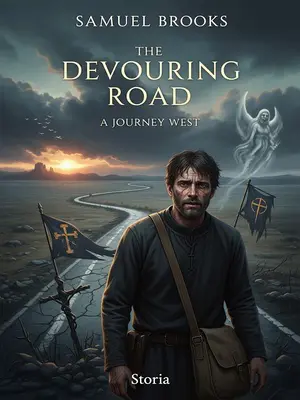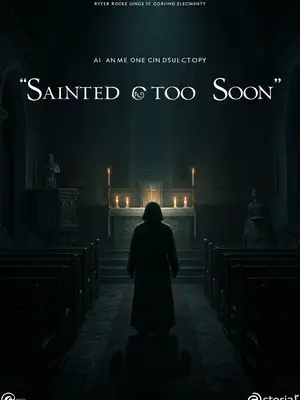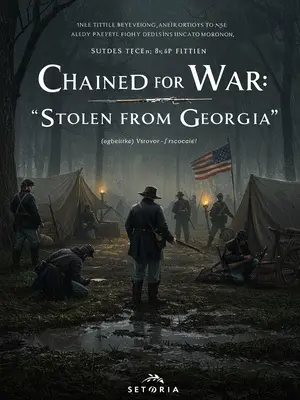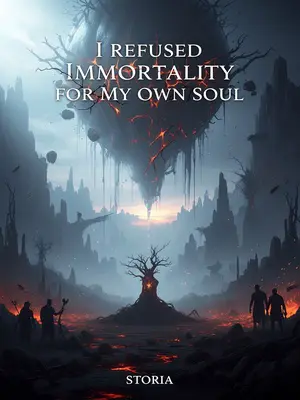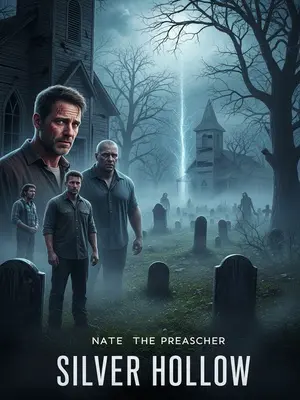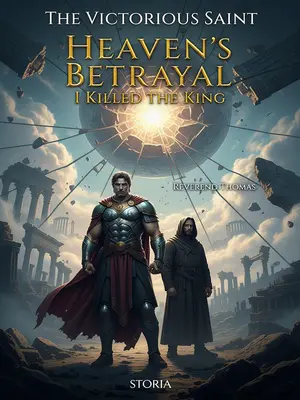Chapter 2: The Thousand Arrows
Sam always had a flair for the dramatic. He'd throw himself into the act—staggering, clutching his chest, gasping as invisible arrows struck. The crowd would gasp and cheer, hungry for every detail. He became a local legend, his name whispered in schoolyards and church basements alike.
His act—taking a thousand arrows to the chest—always drew thunderous applause. Every time, the crowd went wild.
Kids would imitate him on the playground, pretending to fall under a hail of imaginary arrows. Parents would clap and holler, some a little too loudly, caught up in the thrill of spectacle. Sam basked in the attention, but you could see the strain in his eyes if you looked close.
People couldn't get enough of it.
Some folks said it was cathartic—a way to face their own fears by watching Sam survive the impossible. Others just liked the drama. They liked the chance to feel something big and raw in a safe place.
Then things spiraled out of control.
What started as a show became a demand. The crowds grew bigger, rowdier, hungry for more. The line between performance and reality blurred. Sam was stuck—he couldn't get out of it.
More and more people flocked to see Sam's thousand-arrows act. The crowds just kept coming.
The sanctuary staff started selling tickets, turning Sam's suffering into a weekly event. Vendors hawked popcorn and lemonade outside, and the act became the hottest ticket in town. Sam was trapped. There was no way out.
The Lord saw his chance.
Billboards went up: "Witness the Miracle of Endurance! Faith Conquers All!" The sanctuary was packed every night. The Lord watched from the balcony, his expression unreadable, as Sam bled for the crowd.
To keep the crowds coming, the Lord required Sam not only to perform the thousand arrows, but also to offer his heart, liver, and lungs for the audience to taste after the show. (It wasn't just a metaphor—people lined up, expecting a piece of the miracle. The ritual was as shocking as it sounds, and no one dared question it.)
It sounded like a joke at first—a grotesque carnival twist. But the Lord was dead serious. Sam's face went pale, the room suddenly cold. The audience, caught up in the moment, cheered for more, not realizing the cost.
Sam couldn't believe what he'd just heard.
He stammered, "You want me to—what?" His hands shook, sweat beading on his brow. It was the first time I'd ever seen Sam speechless.
“You committed many wrongs at the Rushing River and contributed little on the journey west. The pilgrim led the horse, Sam carried the luggage, and the little white dragon bore my disciple. Other than getting captured, you were basically useless. Now, for the sake of spreading the faith, letting the faithful share your body—isn't that a good thing?”
The Lord's words hung in the air like a bad smell. Sam's mouth opened and closed, searching for a response that wouldn't come. The rest of us stood frozen, caught between outrage and helplessness.
Sam wanted to resist, but he couldn't. There were five threads attached to his body—a detail that might seem strange, but in our world, those threads meant total control. The Lord held all the strings.
He tried to pull away, but the threads held him fast—tight as piano wire, invisible to all but those who knew where to look. His eyes met mine, pleading, but there was nothing I could do.
The show went on.
I'm Charles Crane, the Lord's second disciple.
That's who I was, anyway. Sometimes I still feel the weight of that title, like an old varsity jacket hanging in the closet—faded, but impossible to throw away.
Back when the Lord found enlightenment and established the Western Sanctuary, he was supreme throughout the realms. Everyone called him the Ultimate One.
It was a time of wild hope and nervous ambition. The Sanctuary buzzed with energy—pilgrims, saints, and ordinary folks all jostling for a glimpse of the new era. The Lord seemed untouchable then, his words ringing out like gospel in the crisp morning air.
My oldest brother, Harrison Bodley, saw all this, sighed, and started packing to leave the Sanctuary.
He packed his things quietly, folding each shirt with care. I watched from the doorway, confusion and worry tangled in my chest. Harrison always seemed to know something the rest of us didn't—a wisdom that made him both reassuring and infuriating.
“Why do you want to leave?” I didn't understand. When the Lord was unknown and searching for answers in the mountains, Harrison always followed him. Now that the Lord had established the Sanctuary, Harrison wanted to leave.
I stood in the hallway, hands shoved in my pockets, trying to make sense of it all. Harrison didn't answer right away. He just looked out the window, watching the wind ripple through the oak trees.
He looked at me. “Is our mentor really the Lord?”
His eyes were steady, searching mine for something I couldn't name. I hesitated, thrown by the question.
“Of course.”
I said it with conviction, but a flicker of doubt danced at the edge of my mind. Harrison watched me, waiting for more.
“Do you remember the parable of the raft?” He looked at me. “The Lord always said: 'Friends, know that my teaching is like a raft. The Word should be let go, let alone things that are not the Word.'” (He was referencing an old Buddhist story—once you cross the river, you don't keep carrying the raft.)
He spoke softly, as if repeating a lesson learned long ago. The words hung in the air, echoing off the walls of my memory.

